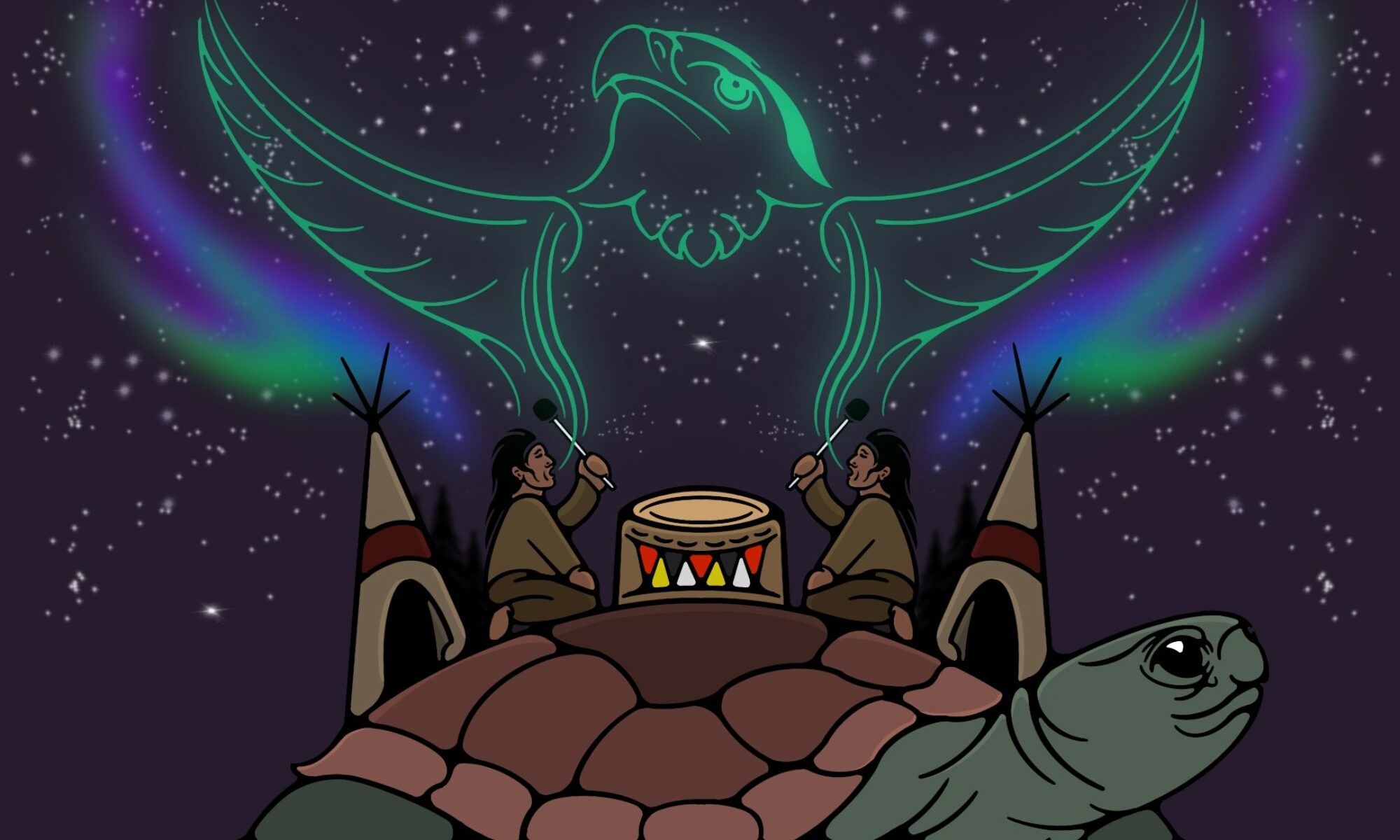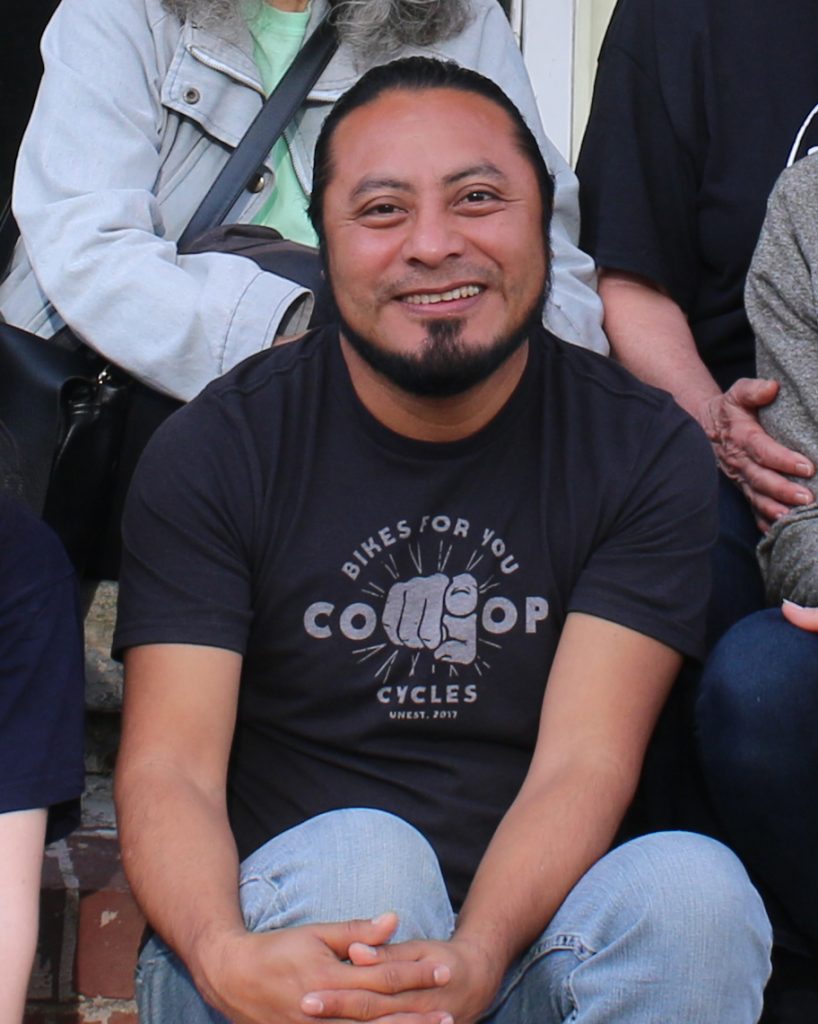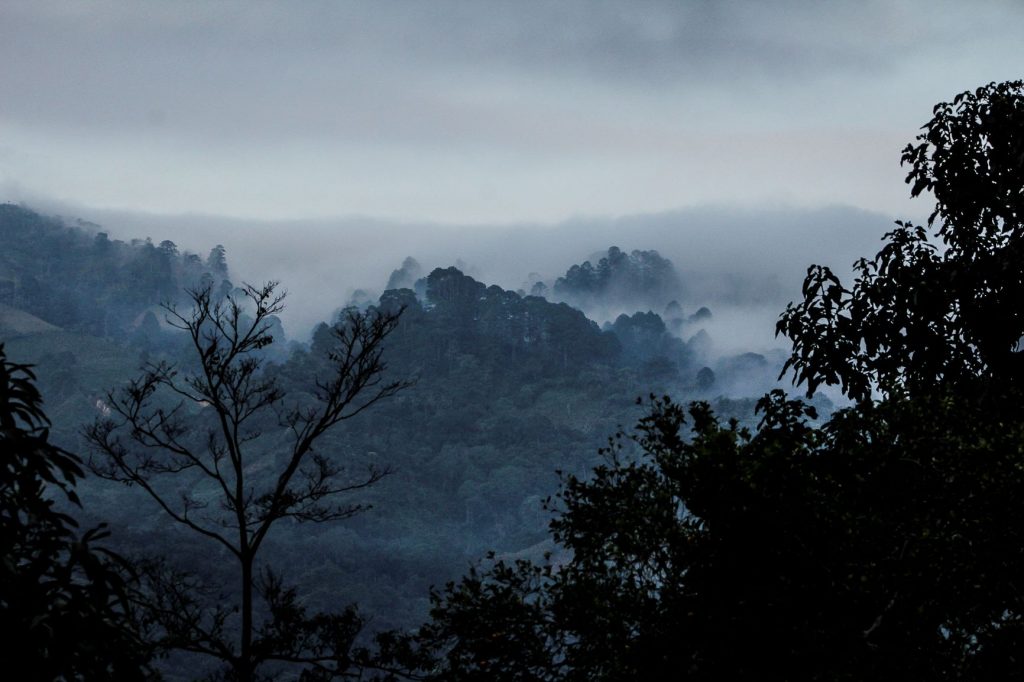
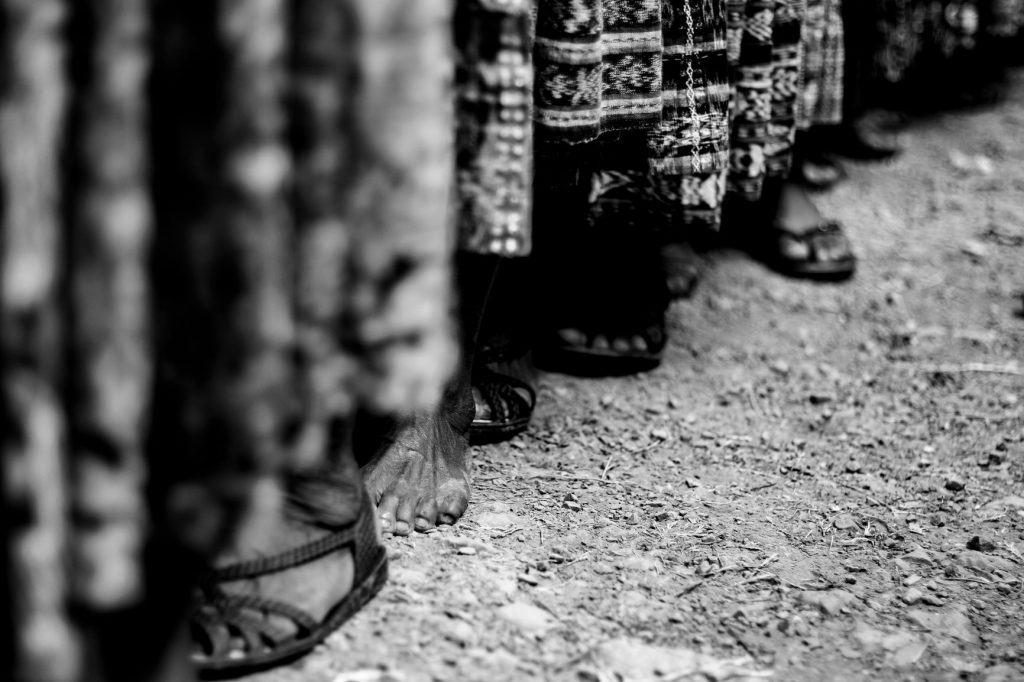
Roderico Y. Diaz is an independent photojournalist and documentary videographer who has worked in the areas of photo-documentary, photojournalism, and documentary for fifteen years. He has focused his work primarily on the path of people from indigeneous communities who search for justice and reparation after surviving the genocide in Guatemala (1960-1996).
Here, in the artist’s own words, are some of the elements that guide Roderico’s work:
First of all, I am a descendent of an indigenous, Maya Kaqchikel family. My parents and grandparents were ‘mozos colonos’ (indigenous slaves) and workers on coffee plantations. I was born on a coffee plantation, owned by Dutch families, at the end of the 1970’s, and have experienced directly the effects of colonization and the forced displacement and violence provoked by the genocide in Guatemala.
Secondly, despite the fact that historically indigenous peoples have been subjected to colonization, interference, plunder and inequality of culture and goods within their territories, they have, at the same time, maintained the fight to continue their way of life. For this reason, I have found a tool in photography to make known (from our indigenous perspective- rather than that of others, or of re-victimization) the resistance and resilience of indigenous peoples that is harnessed in order to keep going and heal the traumas and after-effects of war. These after-effects often end up being just as violent or more violent than war itself.
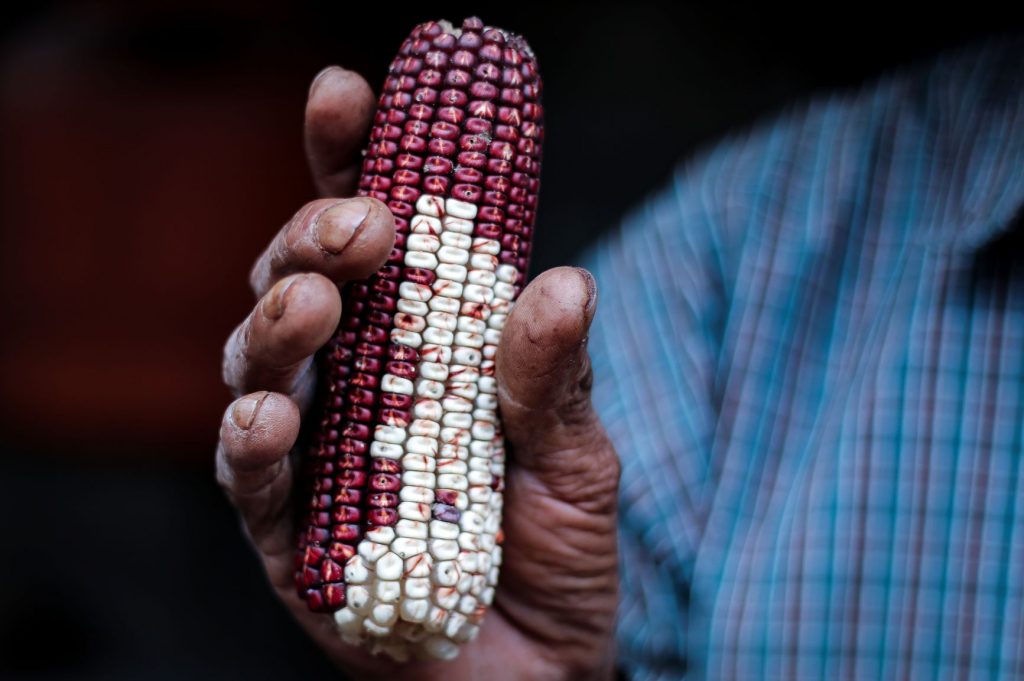
Roderico has documented the postconflict in Guatemala, denouncing the ways in which extractivist projects that have impacted the lives and territories of indigenous communities have been implemented in recent times. In this context, the Guatemalan justice system has criminalized social leaders (see the Bernardo Reyes short) and has generated continual forced displacement of campesinos and indigenous peoples.
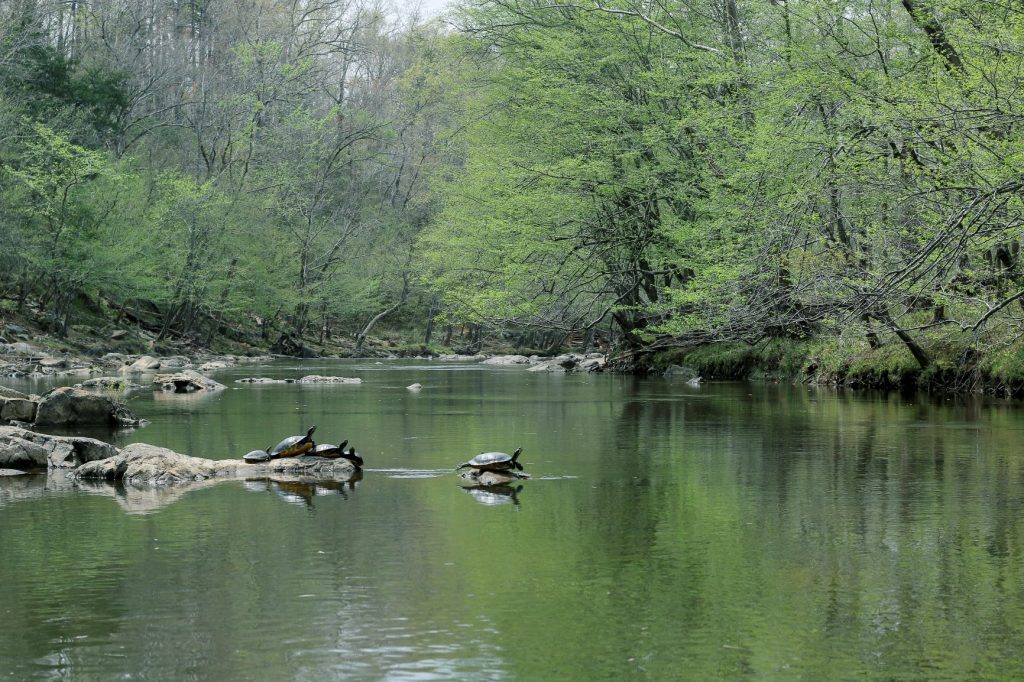
Roderico has published in various mediums in Guatemala, the United States, Europe and several countries in Latin America. His work has been exhibited in galleries and universities in Guatemala, and the United States (see “Defending Truth and Memory, Roderico Y. Diaz“, at New Mexico State University.) He has also participated with his documentaries in national and international festivals.
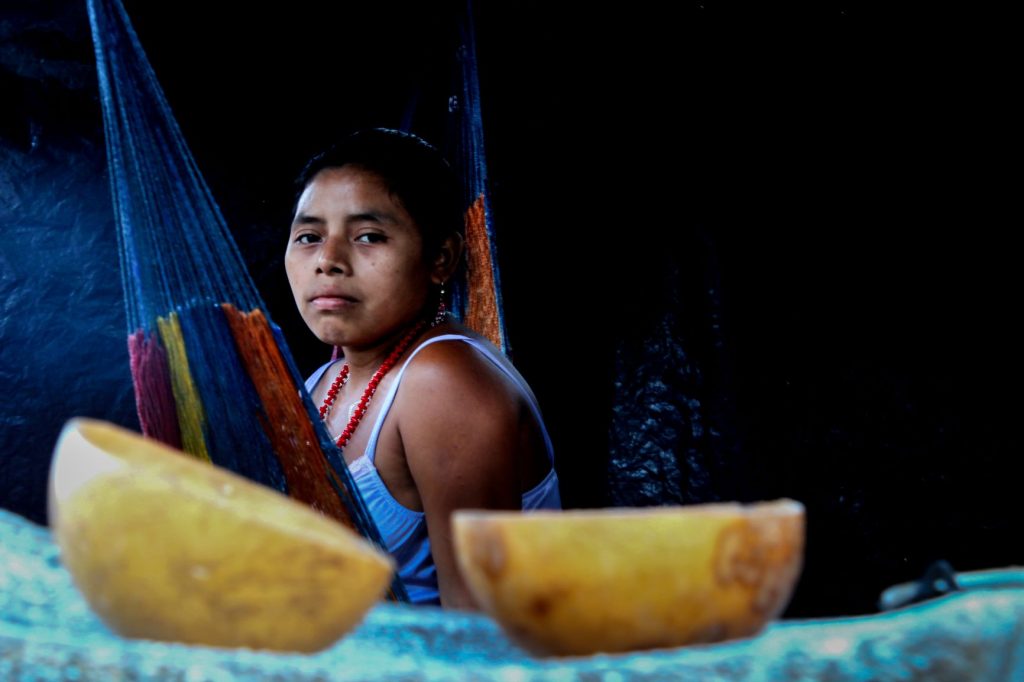
Currently, Roderico follows the migrant struggle in the northern triangle of Central America: people are escaping their countries because of violence, organized crime and corruption. For Roderico, the situation for migrants today is similar to that of those who arrived in the United States many decades ago when escaping civil war and military dictatorship (people who are, in fact, refugees in the sanctuary churches in the state of North Carolina to this day).
Roderico is the co-founder and collaborator of the Centro de medios independientes de Guatemala –CMI-GUATE-(The Center for Independent Media of Guatemala)-www.cmiguate.org/ and a correspondent for the newspaper Qué Pasa News in North Carolina. https://www.quepasamedia.com/ (https://raleigh.quepasanoticias.com/)
